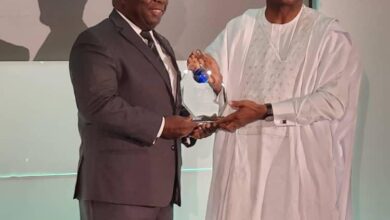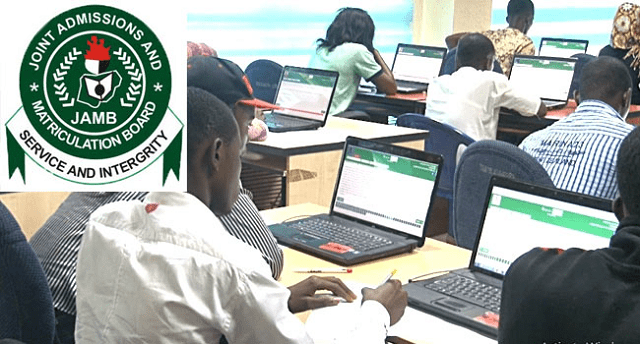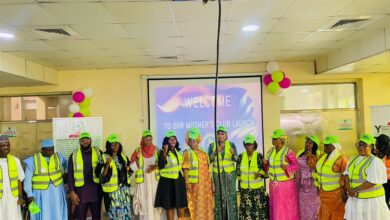UNICEF Tasks Nigerian Govt on Digitalised Learning For Children

The United Nations Children’s Fund (UNICEF) has called on the government and other stakeholders to exploit the opportunities offered by digitalisation for the learning and development of children in the country.
Their message was contained in a statement issued on Friday, June 16, 2023, to mark this year’s Day of the African Child.
UNICEF said, “The theme for this year’s Day of the African Child; The rights of the child in the digital environment offers us the opportunity to advocate for digital inclusiveness for all children – the right of every child to participate in the digital space. In realizing this right, we are equally offered the opportunity of exploiting the digital space for learning and development”.
They stated that the education sector in Nigeria was faced with many challenges. One of which was access to quality learning, inhibited by low domestic spending on education resulting in limited school infrastructure and unqualified teachers, high levels of poverty, and social norms not supportive of education especially for girls.
These challenges UNICEF noted were exacerbated by attacks on schools and the abduction of learners. Both of which had made parents fearful of sending their children to school:
“The disruption to education by school attacks meant millions of children had significantly missed out on learning they would have acquired if they had been in the classroom.
“More than 10 million children are not in school at the primary level. For those in school, the quality of learning is poor; 75 percent of primary school age pupils are unable to read with understanding or solve a simple math problem”, the statement said.
To bridge the access to quality learning opportunities, “UNICEF and the Federal Ministry of Education launched the Nigeria Learning Passport (NLP) last year, an online, mobile, and offline digital learning platform powered by Microsoft that enables continuous access to 15,000 curriculum-aligned learning and training materials in local languages for learners, teachers, and parents.
“It is highly flexible and adaptable, allowing states, schools, teachers, parents, and other users to adapt it easily and quickly as their learning management system in school, for homework support and to ensure continuity of learning when schools are closed in emergency contexts
“The NLP is inclusive enough to bridge the digital divide because of the availability of an offline module that allows for deployment in rural and hard-to-reach environments where there is no access to the internet.
“To this end, UNICEF has provided 780 schools in hard-to-areas and rural schools with 13,500 tablets, 1,000 smart rechargeable projectors, and 780 Airtel internet routers. Connectivity has been enabled for 186 schools through a partnership with IHS towers and data costs removed through the whitelisting of the NLP on an Airtel SIM card.
“So far, since its inception, the Nigeria Learning Passport has provided access to quality teaching and learning resources to 280,000 learners, teachers, parents, and young people”, UNICEF said.
They further informed that, as a result of a user satisfaction survey that was conducted involving 5,002 respondents, 92 percent of them mentioned that they were using the platform more than once, 51 percent mentioned that they used it daily and 63 percent mentioned that they access the platform from home.
Additionally, 95 percent of these respondents mentioned that the content meets their needs, 76 percent said that they learned new things and 91 percent (9 in 10 persons) said that the NLP supported their education.
A student testifying from the survey said that “NLP helped me to gain a lot about the topics I don’t understand in school”, while a parent said, “I can prepare my kids ahead of their lesson and also follow up on what they are being taught” and a teacher testified that “NLP improves my knowledge, it improves my teaching skills”.
On her part, UNICEF Representative in Nigeria, Cristian Munduate urged
stakeholders in the education sector to adopt and take the Nigeria Learning Passport to scale to reduce the number of children not receiving any education in the country:
“Digital technology provides us with a platform to innovate and seeks ways for inclusive quality education for all children.
“I urge all stakeholders in the education sector to adopt and take the Nigeria Learning Passport to scale to reduce the number of children not receiving any education in Nigeria. It will also improve foundational literacy and numeracy”, she noted.






